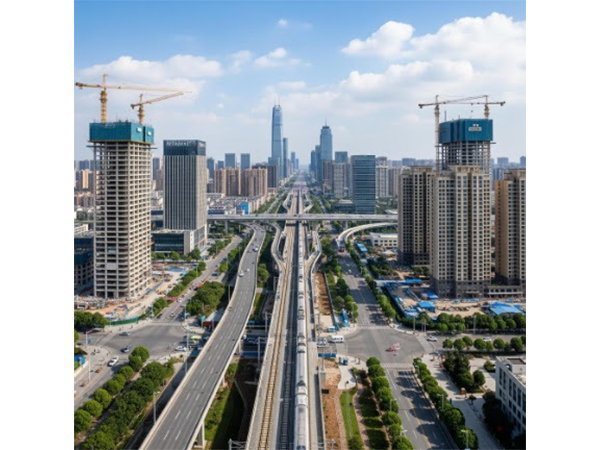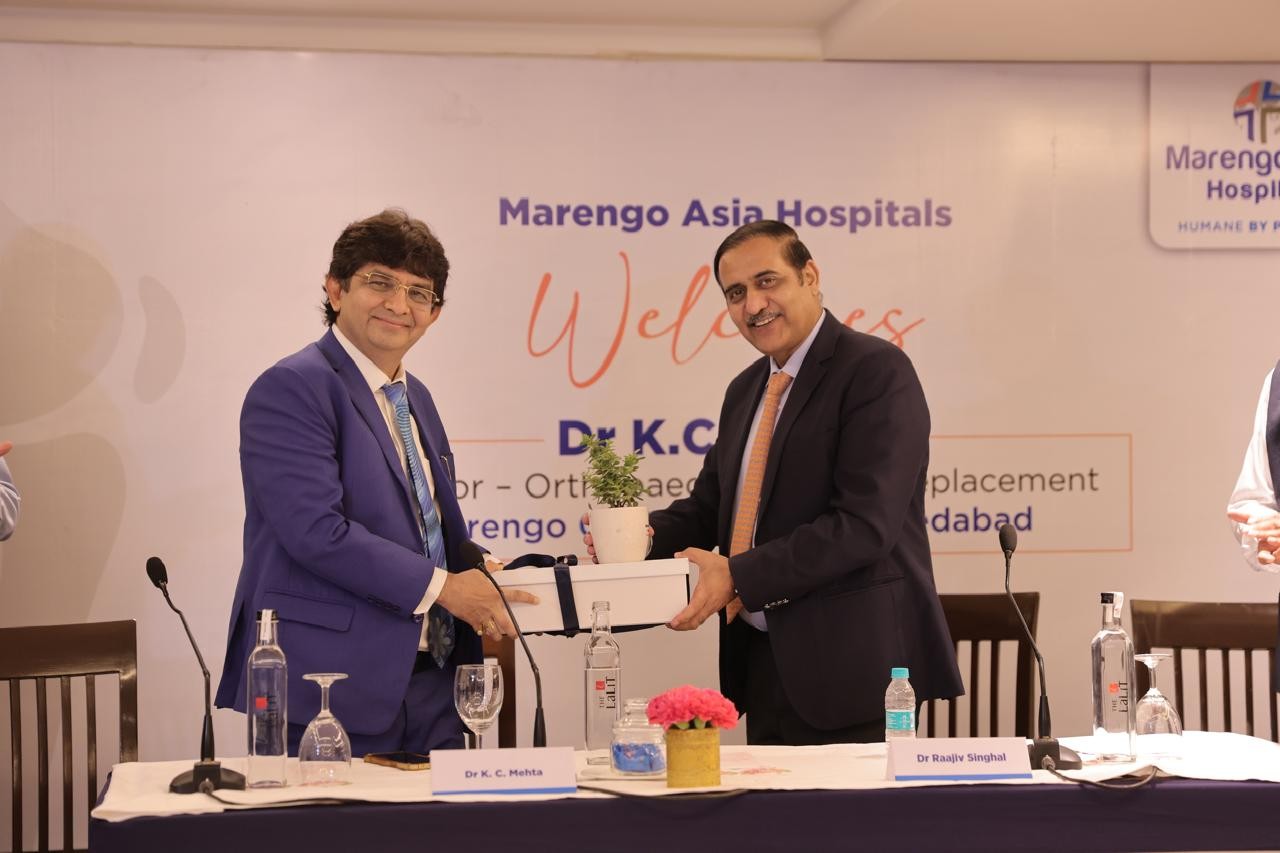
How Infrastructure is Putting Tier-2 Cities on the Investment Map
May 28, 2025
NewsVoir
New Delhi [India], May 28: Infrastructure development has always been the bedrock of economic development, powering industries, boosting employment, and defining the overall lifestyle of dwellers. But, its immediate impact is most visible in the Indian real estate sector. From expressways and airports to urban transit systems, each development lays the groundwork for a city's evolution.
This transformation is unfolding with particular intensity in India's Tier-2 cities. Long overshadowed by their metropolitan counterparts, cities like Dehradun, Chandigarh, Mohali, and Lucknow are now coming into their own. As per a CREDAI-Liases Foras research report on the real estate sector of 60 Indian cities, as many as 44% of the 3,294 acres of land acquired by real estate developers in 2024 were concentrated in the emerging hubs of India's Tier-2 and Tier-3 cities.
Dehradun, once known for its hill retreat, is now growing as an ideal real estate hub. Homebuyers here are not just investing in property; they are securing a lifestyle enriched by serene landscapes, clean air, and a growing economic ecosystem. The city is seeing a transformative wave of infrastructure development, with the Delhi-Dehradun Expressway standing out as a prime example. The six-lane expressway will significantly reduce travel time between Delhi and Dehradun to just 2.5 hours, making Dehradun a more accessible and attractive location for homebuyers, investors, and businesses. Parallelly, the Dehradun Smart City Mission is upgrading urban infrastructure with modern roads, IT-enabled services, and sustainable public spaces. These developments have triggered a surge in demand for plotted developments, premium apartments, and vacation-style second homes.
Manit Sethi, Director, Excentia Infra, says, "Dehradun's real estate market is undergoing a comprehensive revolution. With the Delhi-Dehradun expressway nearing completion and smart city initiatives gaining traction, the city is no longer just a weekend escape. We've seen a sharp rise in demand from NCR buyers who want better air, scenic views, and a future-ready address. The city's infrastructure momentum is paving the way for premium projects, offering lifestyle, connectivity, and appreciation potential, all in one. Hence, we believe that as the city gains traction due to its growing infrastructure, the real estate market will continue to grow exponentially."
According to the latest data from Magic Bricks, the average capital appreciation in tier 2 cities has reached 17.6%, surpassing Delhi's 15.7% gain. These cities are witnessing a significant growth in both residential and commercial segments compared to traditional metro markets. Among the leaders, Lucknow has reported substantial year-on-year appreciation rates of 22.61%. This surge is attributed to the expanding infrastructure, growing demand, and the relative affordability of these locations compared to the national capital.
Besides, Lucknow, with its compelling blend of tradition, modernity, and strong infrastructure growth, is seeing a remarkable expansion in its real estate market. Strategic infrastructure projects like the Purvanchal Expressway, Outer Ring Road, and the expanding metro network have drastically improved connectivity within the city and beyond.
Yash Miglani, Managing Director, Migsun Group, says, "In our opinion, Lucknow is becoming an infrastructure-led investment magnet. We're seeing a dramatic shift in both scale and sentiment, driven by expressways, metro expansion, and strategic ring roads. As developers, we're responding to a market that demands more than just residential spaces -- and we believe that thoughtfully designed commercial projects in Lucknow will redefine the city's business landscape in Northern India."
Moving towards the Tricity region, Chandigarh and Mohali are fast evolving into a high-potential investment belt, driven by a robust pipeline of infrastructure upgrades. The expansion of Chandigarh International Airport has significantly boosted regional connectivity, while developments like PR-5 and PR-7 roads, and other road expansions are vastly improving intra-city access. As a result, the region will continue to stand out as a luxury real estate hub, featuring high-rise gated communities and Grade-A commercial spaces from both investors and end-users.
Piyush Kansal, Executive Director of Royale Estate Group, says, "We foresee Chandigarh becoming a nucleus of North India's real estate momentum. With the airport expansion and key road infrastructure like PR-7, the region is seeing a strategic shift in buyer interest toward areas like New Chandigarh and Mohali. What we're witnessing is a wave of aspirational buyers looking for urban sophistication without Delhi-level chaos, and the upcoming metro will only accelerate this trend. Thus, Chandigarh's planned growth, strong civic infrastructure, and rising connectivity make it a prime zone for both residential and commercial real estate investment."
"The Indian real estate market in tier 2 cities is experiencing a structural shift driven by infrastructure-led growth. Cities like Ayodhya and Rishikesh are benefiting from better road connectivity, upgraded infrastructure, and evolving civic amenities. The aspiration level of buyers has risen; there's demand for branded developments and integrated townships. We foresee a continued and balanced interest from both locals and NRIs who are looking for quality lifestyle options with assured long-term appreciation," says, Sakshee Katiyal, Chairperson, Home & Soul.
Therefore, the shift in investor sentiment is unmistakable. Tier-2 cities are no longer seen as secondary options but as strategic investment destinations offering high returns, better quality of life, and fast-improving infrastructure. Backed by aggressive state-level policies, urban planning reforms, and robust private sector participation, these cities are redefining the real estate growth narrative.
(ADVERTORIAL DISCLAIMER: The above press release has been provided by NewsVoir. ANI will not be responsible in any way for the content of the same)






